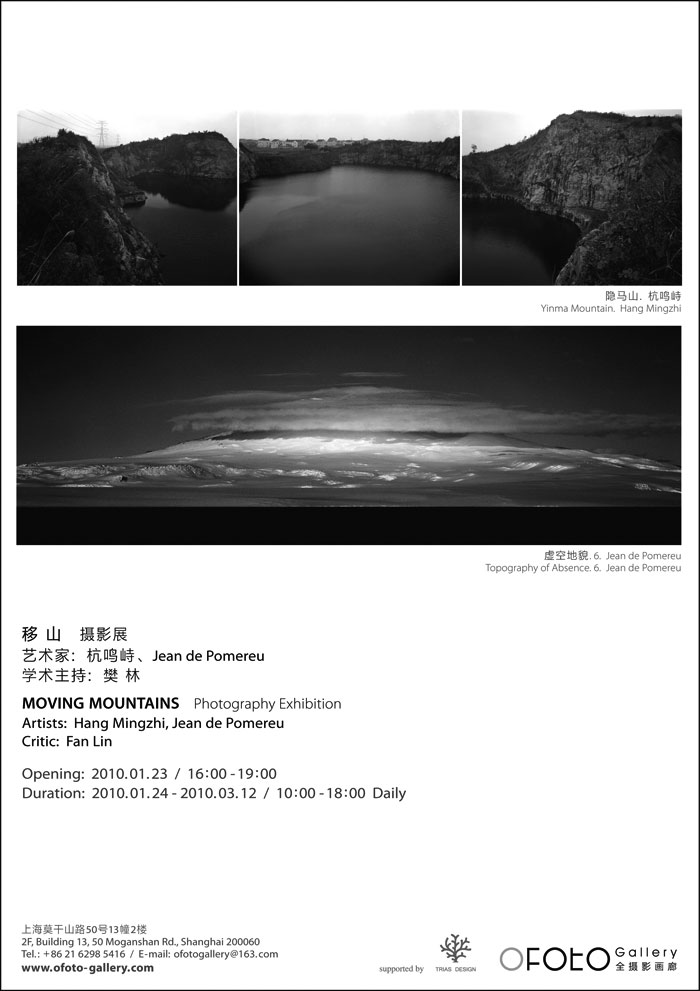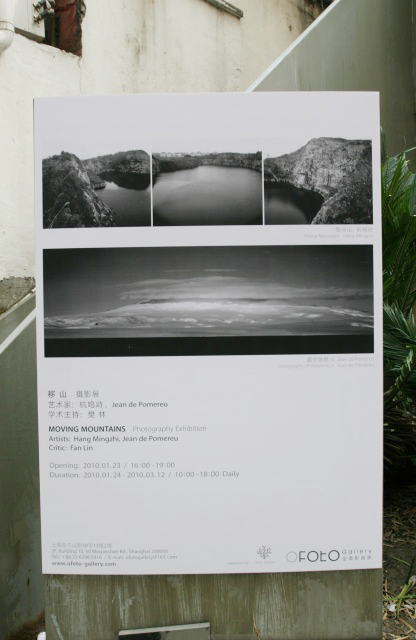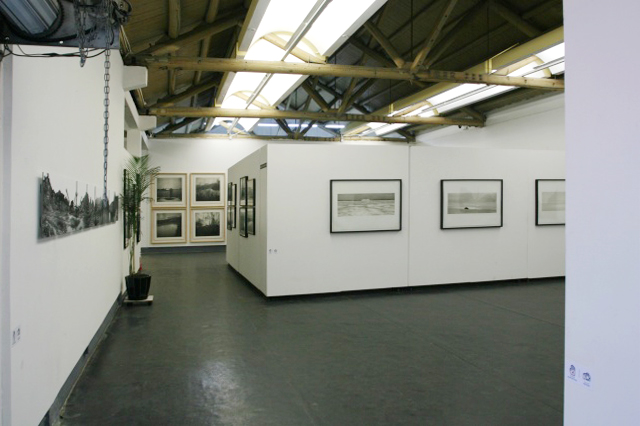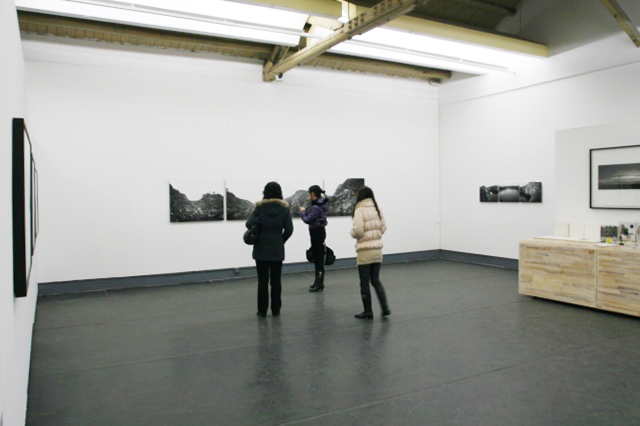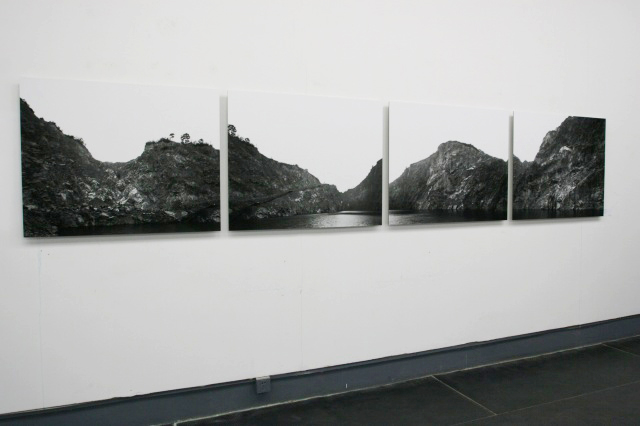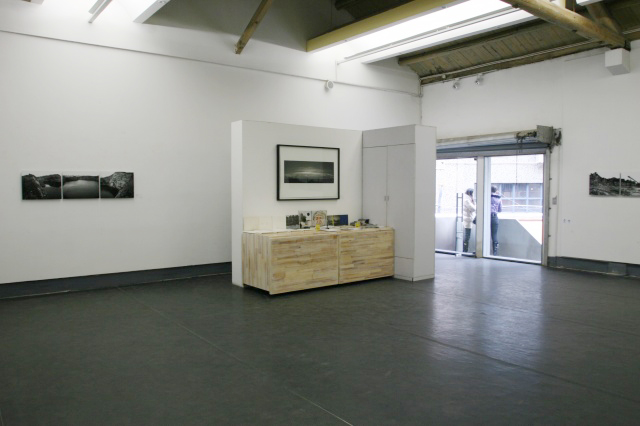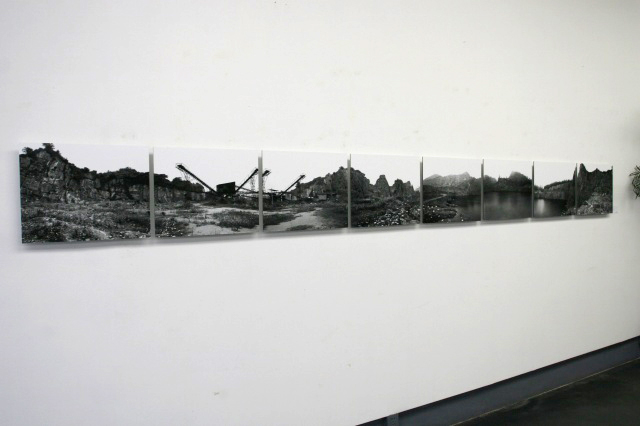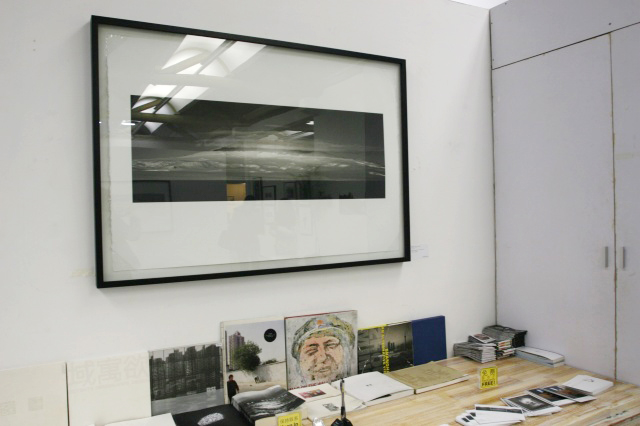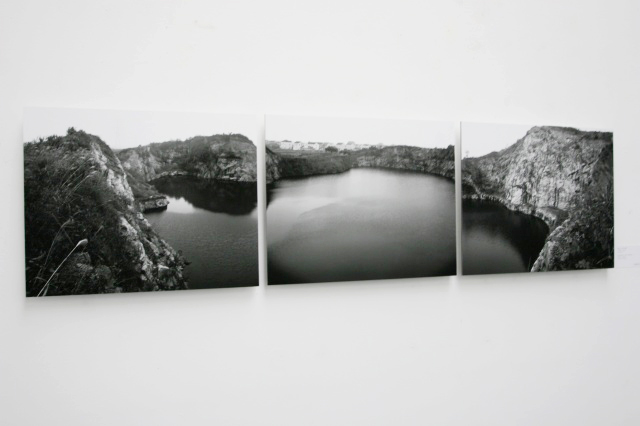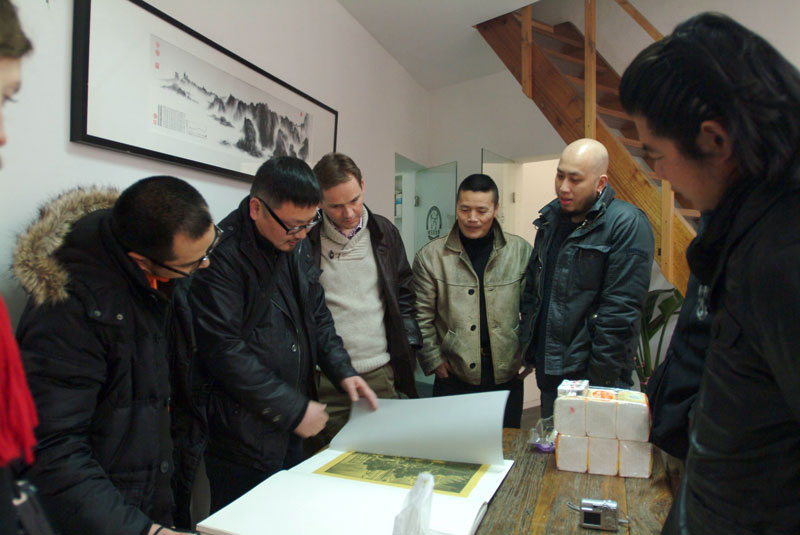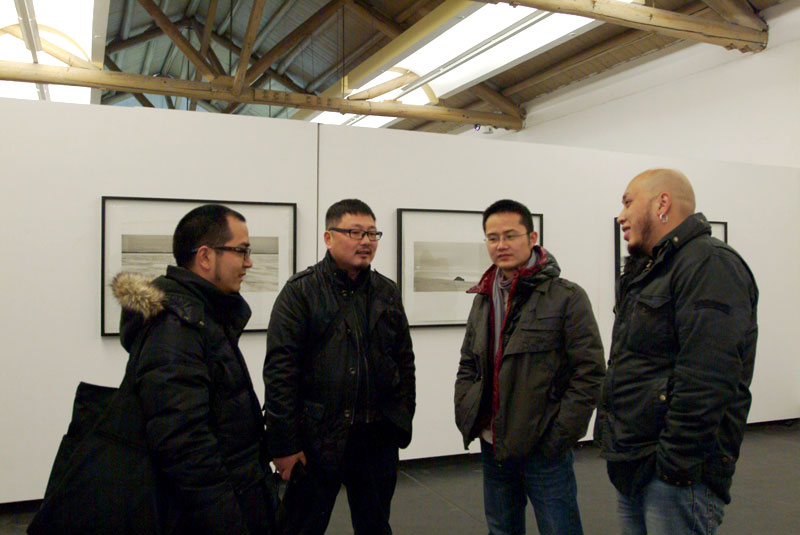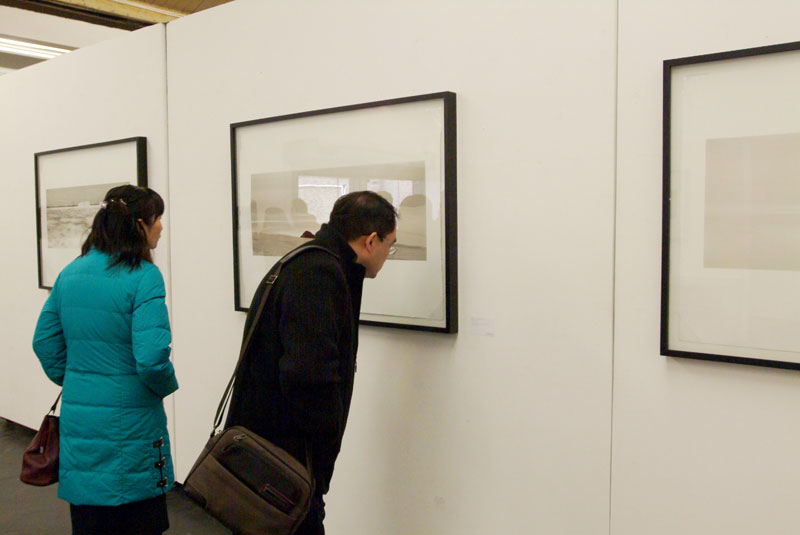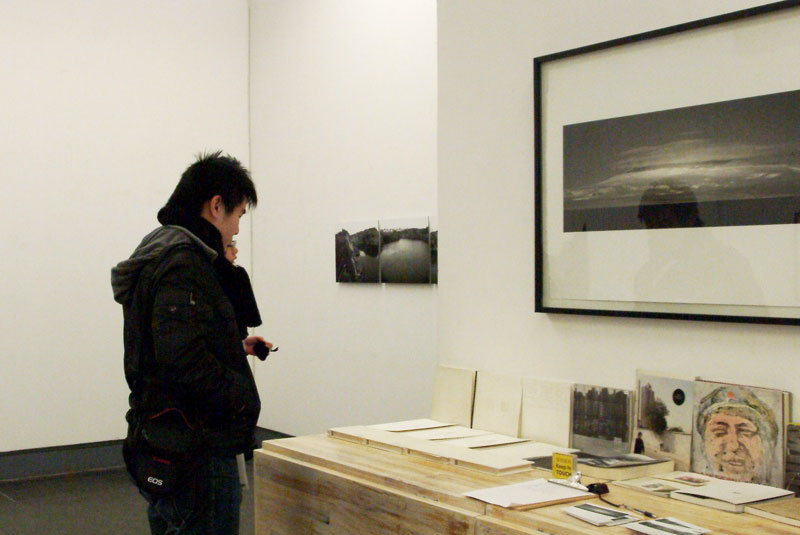Moving Mountains
by Fan Lin
Photography of the kind which takes ‘the landscape’ as its object does not necessarily stem from photographers’ fondness for scenery. The photographed objects are also no longer to be held responsible for awakening in us a state of intoxication. They become a few direct, captured segments of this world, within which the extreme clarity of detail indicates their significance.
These records of mountains, rivers, planes and snowfields, without a single human silhouette, clearly, distinctly and forcefully attest to the grief and resistance of the photographers as members of mankind. Whether they be Hang Mingshi’s works documentating the surroundings of Hangzhou, or Jean de Pomereu’s images of the remote South Pole, these photographs all tell us about the current status of the relationship between humanity and our mother earth.
With the exception of the artist, Hang Mingshi and perhaps viewers who have once set foot in those places, when regarding those mountains called ‘Jiā’, ‘Dà jiao’, ‘Má ling’ and ‘Zhèn dōng’ as well as those nameless mountain ranges, we all feel like strangers. Yet, whilst we have not been on an outing there, and we have not feasted our eyes on the autumnal colours, we can all understand the pathos behind the silence.
The objects within Jean de Pomereu’s photography seem even more remote to us. Indeed, we feel strongly the solitary nature of time and space. This scenery, viewed from the land, the sea and the air, also silently and powerfully reveals the unbreakable inter-relationship between host and guest.
In essence, taking a picture is a non-interventional act. However, it is precisely the non-interventional approach of their records of observation which convey these photographers’ own sense of resolve. The act of ‘moving’ scenery in this way can not be attributed to the praise of lyrical beauty and exceeds the simple act of freezing a natural phenomenon. Through the stillness of the mountain range and the constant silence of the earth, a tremour is conveyed. Yet, finally, from these records arises a state of sincere redemption.
Translation: Nicola Kielty
